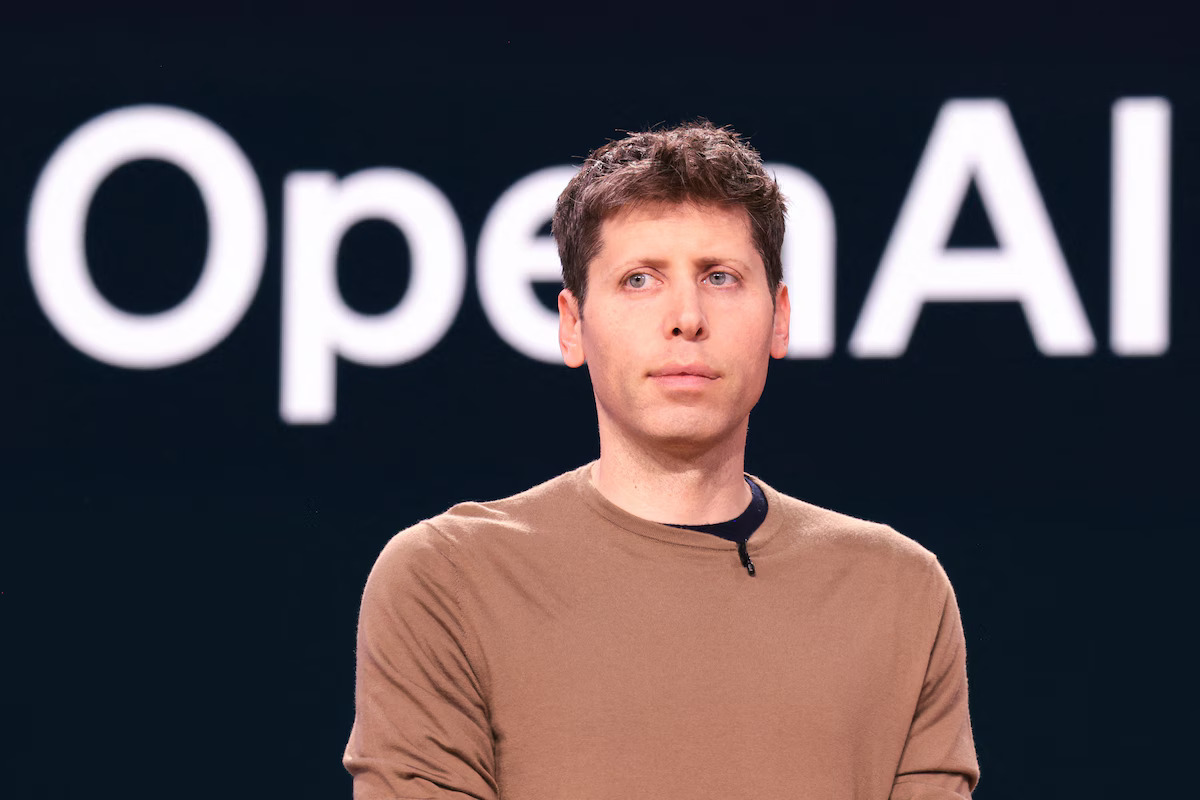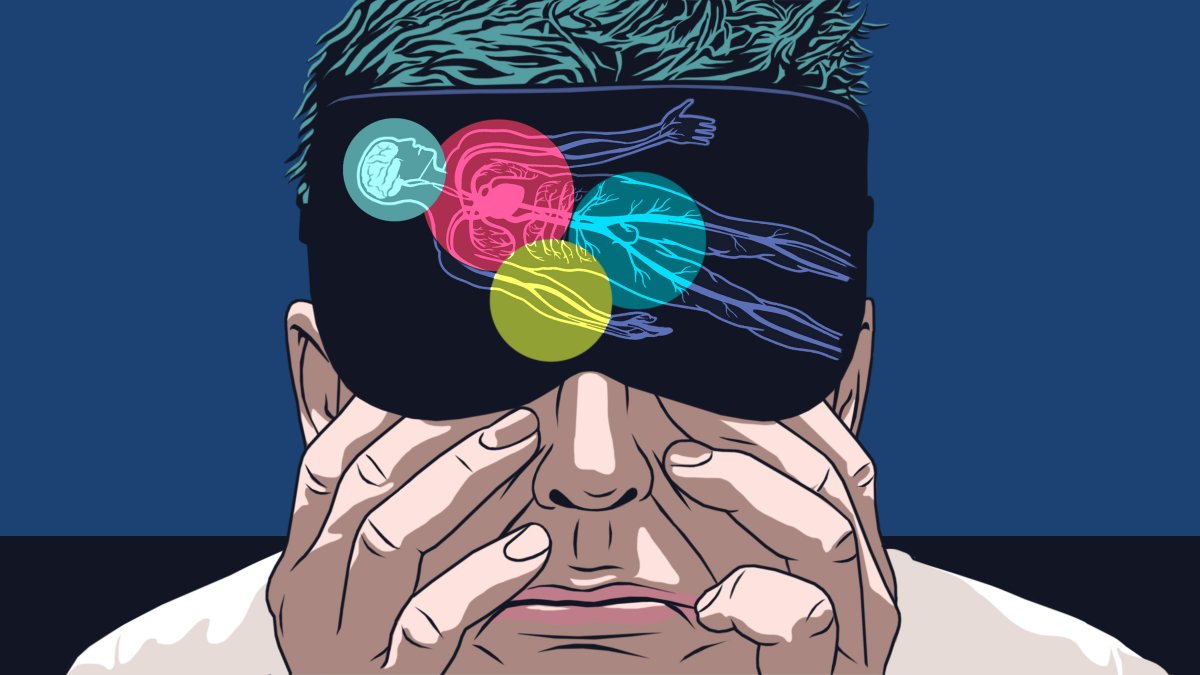- HYRO – On Hyroglf, Anyone Can Post & Share Free 80-Word Limit Article Summaries.
- Topics (Sidebar) – HYRO currently offers 1000s of Summaries covering News, Politics, Sports & Much More.
- Mission – HYRO is Summarizing Your World.
Welcome to Hyroglf!
Large language models can do jaw-dropping things. But nobody knows exactly why.
(03/04/2024)
- Despite advancements, scientists remain uncertain exactly how AI models achieve certain capabilities.
- Two years ago, OpenAI (ChatGPT) researchers discovered an unexpected learning pattern called “grokking” where models failed at tasks until a sudden unexplainable breakthrough.
- An example of such a breakthrough is models not only solving complex math problems, but also learning how to solve the problems in French.
- Developing these models is akin to a chef trying different ingredients to create new recipes; scientists copy what works from others without asking “how”.
Justice Department charges nearly 200 people in $2.7 billion health care fraud crackdown
(06/27/2024)
- The US Justice Department has charged nearly 200 individuals, including 76 medical professionals, in a $2.7 billion health care fraud with charges spanning federal courts nationwide and assets worth over $231 million seized.
- Alleged schemes include unnecessary wound grafts on terminally ill Medicare patients, selling adulterated HIV drugs, unlawful distribution of millions of Adderall pills, and illegal opioid prescriptions.
- Attorney General Merrick Garland emphasized accountability for those profiting from the unlawful distribution of controlled substances, regardless of their professional status.
OpenAI finds Russian and Chinese groups used its tech for propaganda campaigns
(05/30/2024)
- OpenAI, the maker of ChatGPT, has discovered that groups from Russia, China, Iran, and Israel have been using its technology for covert propaganda efforts aimed at influencing global politics.
- Propaganda groups from the countries used ChatGPT to write social media posts, translate content and automate interactions.
- While the operations gained minimal traction, their persistence raised alerts of AI being used to influence political outcomes.
- A notable recent example was an Israeli group using AI to generate pro-Israel posts regarding the war in Gaza.

Massive pro-Palestinian college protests bring rare surge in discipline
(05/06/2024)
- Recent pro-Palestinian protests across America’s college campuses have led to severe disciplinary actions, including suspensions and expulsions, reminiscent of responses to 1960s Vietnam and 1980s Apartheid protests.
- Unlike previous demonstrations, today’s protests pit supportive and opposing student groups against each other, with accusations of antisemitism adding complexity.
- This divisiveness, combined with pressures on university presidents who risk job loss, marks a distinct shift from past protests, where opposition was less polarized and personal stakes for leadership were lower.
Meta Advertisers Say Automated System Has Been Glitchy for Weeks
(04/10/2024)
- Over the past two months, digital advertisers have complained about the declining effectiveness of Meta’s (Facebook, Instagram parent company) digital ads.
- Ad buyers report that costs have doubled or tripled while the effectiveness of campaigns has diminished, prompting some to shift more ad spending to Google and TikTok.
- Some believe that the Chinese e-commerce giant Temu’s billion-dollar expenditure on digital ads to expand its US operations has driven up the cost of digital advertising.
- Meta generates over $100B per year from digital ads.
AI Boom Reawakens Silicon Valley’s Housing Market
(02/10/2024)
- The rise in artificial intelligence (AI) has rejuvenated Silicon Valley’s housing market.
- More first-time buyers, many who work for major tech companies, can now afford million-dollar homes thanks to rising share prices which account for a big chunk of tech industry salaries.
- The return-to-office push and slight dip in mortgage rates have also boosted Northern California housing.
- Among the 50 biggest US metros, San Jose (median sales price $1.3M) leads in home-sales pace with 61% of new listings under contract within 14 days.

Why Americans’ ‘YOLO’ spending spree baffles economists
(12/01/2023)
- Despite high interest rates, inflation, and shrinking savings, US spending has perplexed economists by surging, as evidenced by the recent 9.6% year-over-year increase in Cyber Monday sales.
- Consumer spending growth accounted for most of the 4.9% increase in Q3 GDP.
- This growth largely derives from the “unprecedented” increase in accumulated US household savings following government pandemic stimulus programs.
- However, this trend will eventually reverse as student loan repayments resume and growing credit card debt limit future spending power.

A Treasure May Be Off the Coast of Colombia, but Who Can Claim It?
(11/10/2023)
- The San José, a Spanish cargo vessel ship sunk in 1708 by the British with treasure currently estimated at $20 billion, has ignited a complex international dispute over its claim.
- While Colombian President Gustavo Petro plans to recover it, this initiative faces opposition from archaeologists, Spain, indigenous groups, and a US search group claiming 50% discovery rights for locating the shipwreck in the 1980s.
- The article details why the recoverable treasure’s value is probably inflated and the justification behind ownership claims.

What Happens to Your Body on No Sleep?
(04/02/2019)
- Scientists have found that the effects of acute sleep deprivation, or all-nighters, kicks in after being awake for 16-18 hours straight.
- The first sign is a sluggish mind, with reaction times lagging to the equivalent of being legally drunk by the 24th hour awake.
- After 24 hours, your brain starts forcing you into 10-20 second periods of “micro-sleep”.
- After 35 hours, the brain’s emotion-emitting amygdala becomes 60% more reactive and the ability to regulate emotions declines.
- Hallucinations are common after 48 hours awake.


